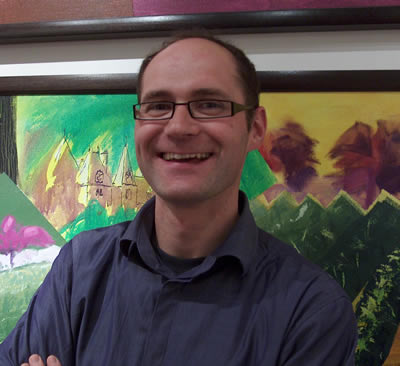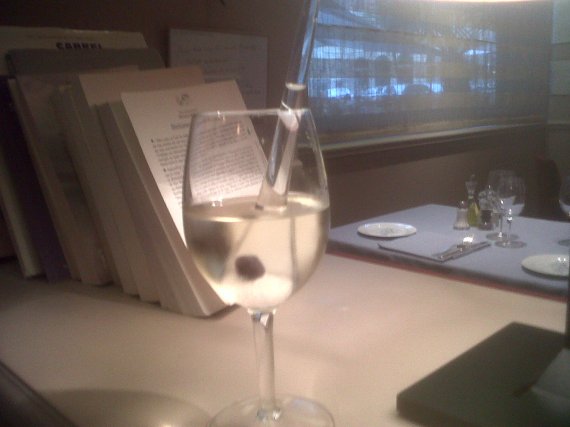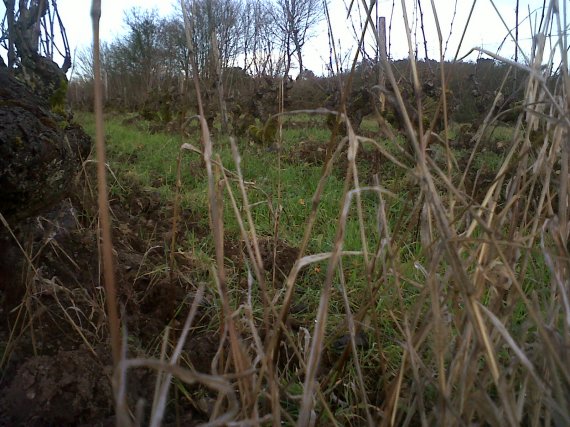-
the taste and our memory
"The taste is not in the bottle but is built into the head of the taster" Frederick brochet winegrower ( Ampiladae estate from organic vines – buccal style), Doctor of Enology.

My answer:
In a tasting lesson to students , I present two wines: a conventional and a natural (from the avn, from organic farming and fermented with natural yeasts and with little sulfur). The first is always appreciated: in fact, students are accustomed to the taste and have in mind. The second is hated, students do not know the taste "spiritual". My luck was the discovery of vitajuwel two years ago: “Vitajuwel: Developed in Austria, this thin pipe filled with gemstones changes the taste of water. The same exists for wine. When the wine is natural, the wine opens, but the minerality is amplified. When the atoms in the wine are bogged down with chemicals, the wine becomes undrinkable. Vitajuwel provides proof of the presence of chemical compounds in wine.”(1)
At the end of the tasting, there were many questions
-Sir, now the first nose looks like burnt rubber, "is the sulfur"
- Sir, now there is the lemon that appears unpleasant in the retro olfaction "It is acidification"
- Sir, now the first is no good, but the second is better , "this is normal vitajuwel reveals the true nature of wine"
In summary, I show that their memory of taster was wrong.
The different tastes:
Our gustatory memory is to be "reeducated" and open to every tastes.
The memory of the taster must recognize :
- sulfur, and other chemicals
- two styles (buccal and spiritual)
All righ Mister Brochet, "Taste" is in the head : the gustatory memory, and choice ( emotional and habitual ) direct our selection. Whether buccal (as Robert Parkert) it is spiritual (as me), it is memory that directs the taste.1/ From my ebook tasting lessons with organic sommelier


